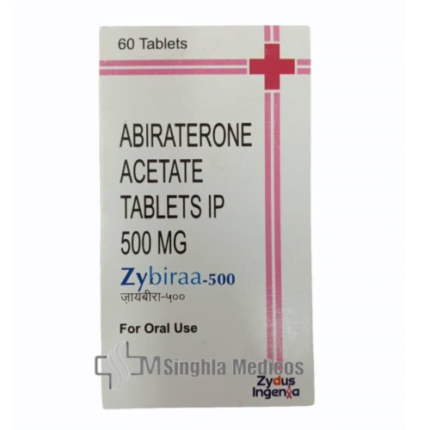

Zyceva 100mg Tablet
₹3,145.00 Original price was: ₹3,145.00.₹1,750.00Current price is: ₹1,750.00.
![]() Prescription Required
Prescription Required
Salt : Erlotinib (100mg)
Manufacturer : Zydus Cadila
Packing : 30 tablets in 1 strip
Product Introduction
Zyceva 100mg Tablet is a significant pharmaceutical innovation widely recognized in the field of oncology. This medication is primarily comprised of Erlotinib, a potent tyrosine kinase inhibitor specifically designed to target the epidermal growth factor receptor (EGFR). EGFR is a type of protein that is overly expressed in certain types of cancer cells, playing a crucial role in their growth and survival. By inhibiting this receptor, Zyceva effectively impedes the proliferation and survival of cancer cells.
Manufactured by leading pharmaceutical companies, Zyceva 100mg comes in tablet form, ensuring ease of oral administration. It is generally prescribed as part of a targeted therapy regimen, often used when other treatments have not been effective. The medication’s approval and use are supported by extensive clinical trials and research, highlighting its efficacy and safety profile in treating specific cancer types.
Uses of Zyceva 100mg Tablet
Zyceva 100mg Tablet is primarily used in the treatment of non-small cell lung cancer (NSCLC). This type of cancer is one of the most common forms of lung cancer, known for its resistance to traditional chemotherapy. Zyceva is particularly effective in patients whose tumors exhibit specific mutations in the EGFR gene, making it a cornerstone of personalized cancer therapy.
In addition to treating NSCLC, Zyceva is also indicated for use in several other types of epithelial tumors, such as pancreatic cancer. In cases where the cancer has progressed or is metastatic, Zyceva offers a therapeutic option that can lead to stabilization of the disease, potentially prolonging patient survival and improving quality of life.
Benefits of Zyceva 100mg Tablet
The benefits of Zyceva 100mg Tablet are manifold, especially for patients with EGFR mutation-positive NSCLC. One of the primary advantages of this medication is its targeted mechanism of action. Unlike conventional chemotherapy, which indiscriminately attacks rapidly dividing cells and causes widespread cytotoxicity, Zyceva selectively inhibits the growth of cancer cells with minimal impact on healthy cells. This specificity not only enhances the effectiveness of the drug but also significantly reduces the severity of side effects typically associated with cancer treatments.
Patients treated with Zyceva often experience an improvement in their symptoms, including better breathing, less coughing, and more energy. The medication can also delay the progression of the disease, which is a crucial factor in managing cancer as a chronic condition. For many patients, Zyceva helps to maintain a higher quality of life during treatment, allowing them to engage more actively in daily activities.
Side Effects of Zyceva 100mg Tablet
Like all medications, Zyceva 100mg Tablet comes with the potential for side effects, which can vary widely among patients. Common side effects include rash, diarrhea, and fatigue, which are generally manageable with appropriate medical guidance and supportive care. The skin rash, while often seen as a side effect, can sometimes be correlated with the drug’s effectiveness, indicating active inhibition of the EGFR pathway.
More severe side effects may include liver dysfunction, interstitial lung disease, and severe infections. These require immediate medical attention and may necessitate discontinuation of therapy or dose adjustments. Patients are monitored closely for the emergence of these effects, ensuring prompt management to minimize potential complications.
Patients on Zyceva are advised to maintain regular follow-ups with their healthcare provider to monitor the drug’s efficacy and any adverse effects. Blood tests, imaging studies, and physical examinations are typically part of routine monitoring to ensure that the treatment continues to be safe and effective.
References
-
Chabner BA, Barnes J, Neal J, et al. Targeted Therapies: Tyrosine Kinase Inhibitors, Monoclonal Antibodies, and Cytokines. In: Brunton LL, Chabner BA, Knollmann BC, editors. Goodman & Gilman’s: The Pharmacological Basis of Therapeutics. 12th ed. New York, New York: McGraw-Hill Medical; 2011. pp. 1735-36.
-
Chu E, Sartorelli AC. Cancer Chemotherapy. In: Katzung BG, Masters SB, Trevor AJ, editors. Basic and Clinical Pharmacology. 11th ed. New Delhi, India: Tata McGraw Hill Education Private Limited; 2009. pp. 954-55.
-
Briggs GG, Freeman RK, editors. A Reference Guide to Fetal and Neonatal Risk: Drugs in Pregnancy and Lactation. 10th ed. Philadelphia, PA: Wolters Kluwer Health; 2015. pp. 489-90.
Disclaimer
Singhla Medicos’s primary intention is to ensure that its consumers get information that is reviewed by experts, accurate and trustworthy. The information and contents of this website are for informational purposes only. They are not intended to be a substitute for professional medical advice, diagnosis, or treatment. Please seek the advice of your doctor and discuss all your queries related to any disease or medicine. Do not disregard professional medical advice or delay in seeking it because of something you have read on Singhla Medicos. Our mission is to support, not replace, the doctor-patient relationship.
Shipping Policy
We ship across India. Note – this is subject to change as per Company Wishes. Packages will be shipped in 24 working hours. we are closed on Sundays and will reach you in the next 2-4 days post shipping. We give the estimated time of delivery on the shipping page. However, these are indicative and depend on our shipping partner.
Delivery
The delivery times are subject to location, distance, and our logistics partners. We are not liable for any delays in delivery by the courier company/postal authorities but will help you track down a package through our partner courier services.
Your purchases may reach you from various locations in more than one package. But rest assured, you will be charged one delivery fee for the entire order. As soon as your package ships, we will email you your package tracking information.
We are bound in coverage by their reach even though we use some of India’s largest logistics companies for shipping. In case your address is in a location not served by them we would contact you to find an alternative solution to make your products reach you.





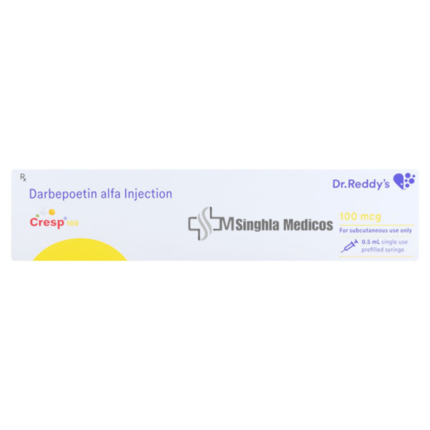

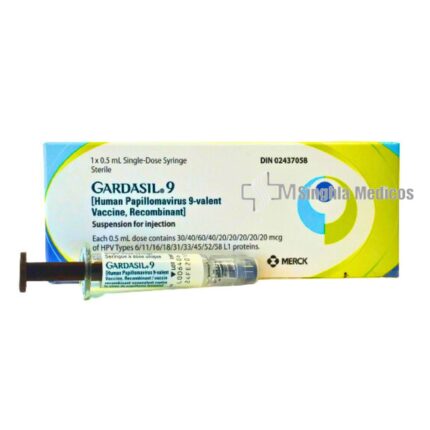


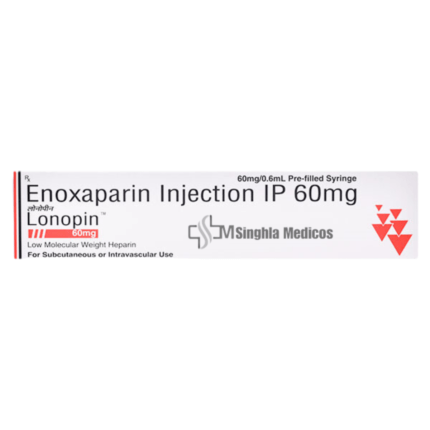
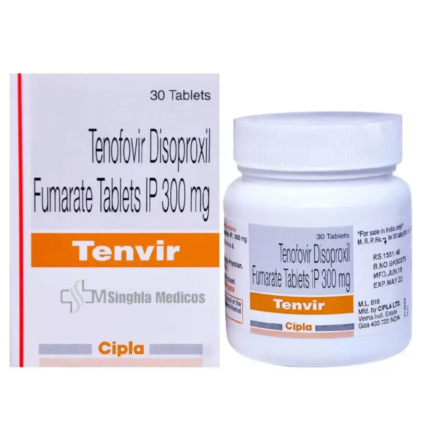
Reviews
There are no reviews yet.